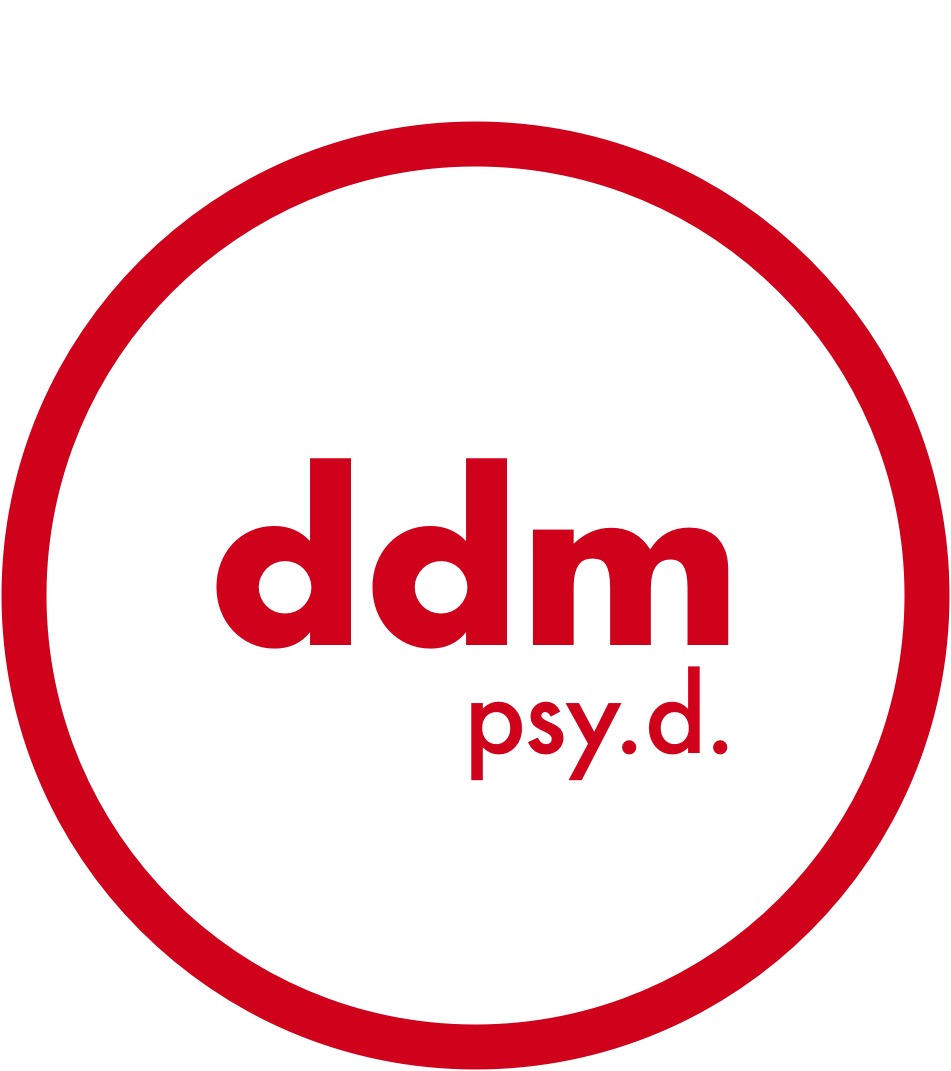my kids have had some amazing teachers. in second grade mrs. johnston would not accept the phrase “i don’t know.” she told her students, “”i don’t know’ usually means you’re not sure what to say. so...when you feel tempted to say it, take a second and figure out what you really mean, then say that.” in forth grade, mrs. smith outlawed the word “nice.” “it’s over-used and over-relied on. find a more fitting word instead.” she took this many steps further and taught her class how to honor each other, spending time on each student’s birthday looking into each other’s eyes and saying a character trait that they appreciated about the honoree. they did this. well. in forth grade.
what might the world be like if we all had such teachers? trusted others who helped us discern and communicate what we really mean, and want, to say. leaders who shepherded the process of honoring our classmates (neighbors, associates, clients, authority figures, etc) in honest and a-step-beyond-”you’re-nice” ways.
the problem is, most of us don’t have that person in our lives. we have to do it for ourselves. doing so is stretching in ways i never could have imagined before i was accountable to second and forth graders who were more than willing to point out my own over-used phrases.
what do you find yourself saying when you feel stuck? what is your “go-to” compliment? do you find that everyone in your life is “nice” or “cool” or “great?” when asked how you are, do you always answer with the same un-considered “fine?” when you’re stuck in a heated conversation do you revert to “i don’t know” and “i don’t care” just to get out of the fire?
perhaps it’s time to stretch. perhaps it’s time to move past the “tip of your tongue,” automatic response to the “one step deeper,” considered answer.
when my son was four his pediatrician asked him what made a light work. looking for the answer, “the switch,” he was blown away when connor responded, “a filament.”
this answer demonstrates the kind of unexpected questions and answers and responses and compliments i’m suggesting we push ourselves to find.
instead of “nice” a person might be generous or thoughtful or caring. instead of “cute” a child might be joyful or enthusiastic or effervescent. instead of “fine” you might be pensive or feeling grateful or having a sort of off day. when we find ourselve leaping to comment on how great someone looks perhaps we could change gears and comment on how wonderful it feels to be with them. asking someone we’ve just met what they love to do with their free time before going down the expected “what do you do for a living?” conversational path. instead of reverting to “i don’t know” and “i don’t care,” it might be worth it to reach deep inside and address what’s really going on in our uncertainty, loneliness, and ambivalence.
it sounds so small and yet, when tried, it feels so different. to pause. to stop onesself from the automatic, and therefore so often not-really-meaningful, words we say to one another. to reach, instead, for words that reflect what we truly feel within ourselves and about others. to find the words that are not on the tip of our tongues, but are in the depths of our beings if only we are willing to risk the discomfort of finding them there.
